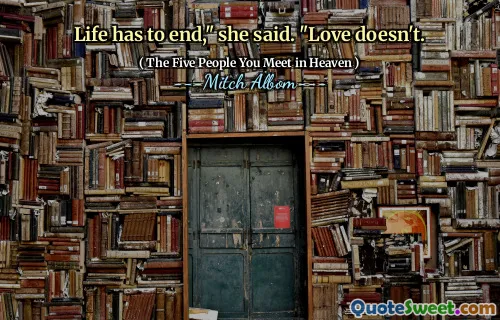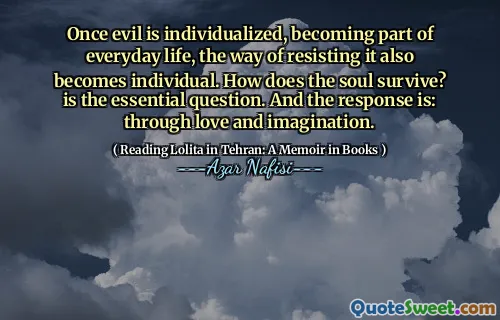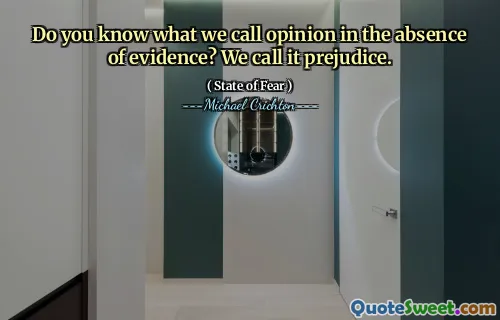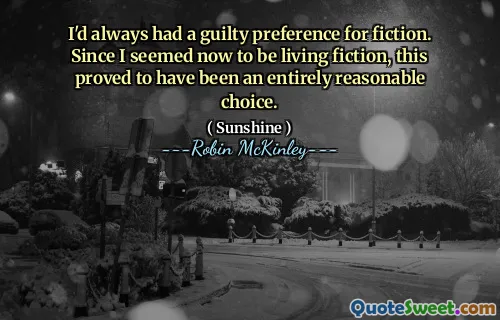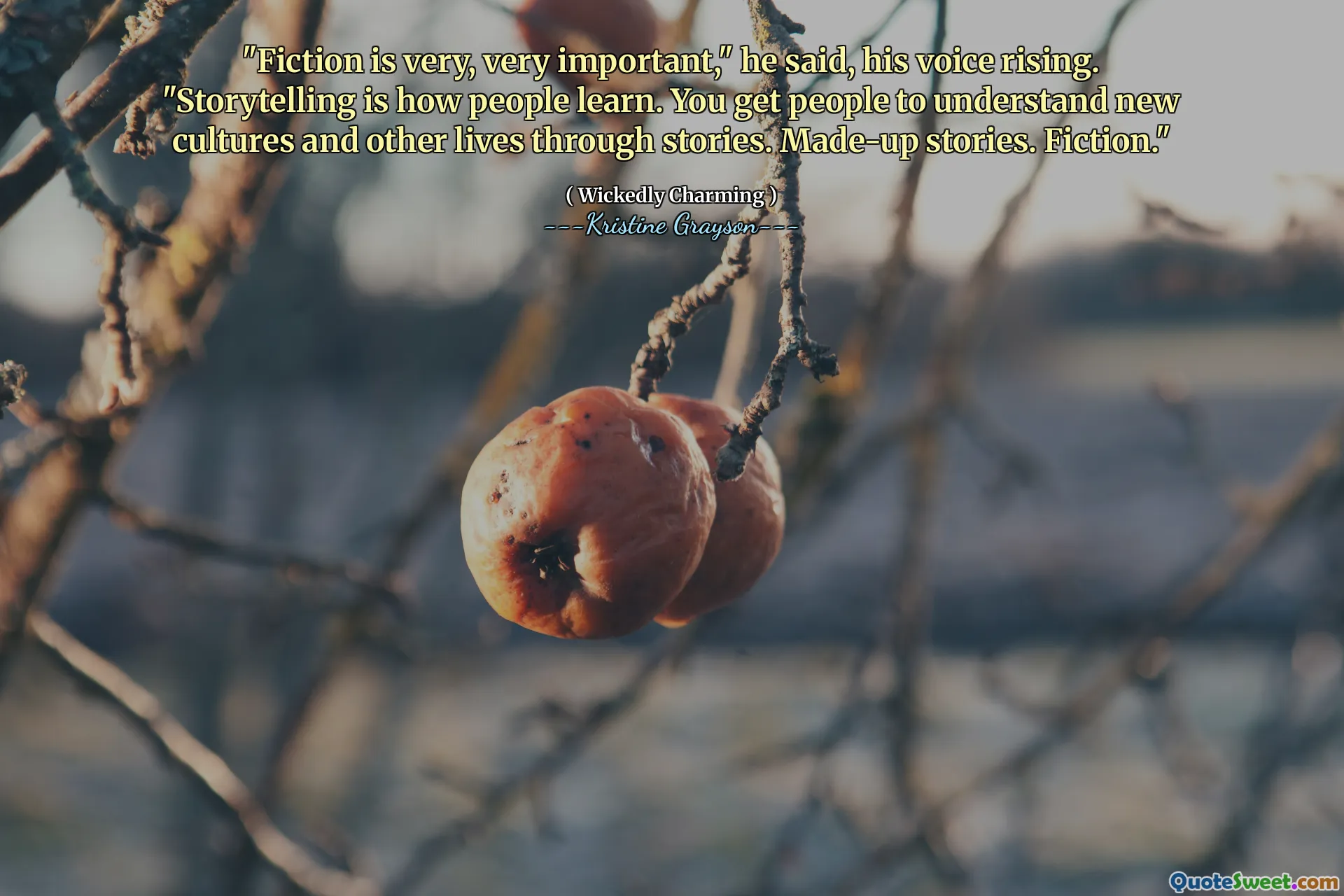
"Fiction is very, very important," he said, his voice rising. "Storytelling is how people learn. You get people to understand new cultures and other lives through stories. Made-up stories. Fiction."
This quote brilliantly emphasizes the profound significance of fiction and storytelling in human experience. At its core, storytelling is a bridge—an essential medium through which people connect with and comprehend experiences far removed from their own reality. Fiction, often dismissed as mere entertainment, is fundamentally a vessel for empathy and understanding. Through imagined narratives, we step into the shoes of others, view the world through different cultural lenses, and explore lives starkly different from our own.
In our increasingly interconnected world, fostering cultural awareness and sensitivity is more important than ever. Fiction serves as a safe space where readers and listeners can confront complex social issues, varied histories, and diverse perspectives without confronting real-world threats or prejudices. It fosters empathy by weaving emotional and moral truths into made-up tales, allowing us to grasp the human condition in all its complexity.
Moreover, this quote points to storytelling as a form of education that transcends traditional factual learning. Facts and statistics can inform, but stories can transform. They invite engagement, provoke thought, and often leave lasting impressions that shape attitudes and beliefs. Through fiction, people can confront ethical dilemmas, understand emotional nuances, and appreciate the subtleties of culture in a multidimensional way.
Ultimately, this quote celebrates the power of fiction not just as a creative exercise but as a vital tool for human growth, understanding, and connection. It challenges readers to value storytelling as a conduit for learning and cultural empathy, highlighting its indispensable role in shaping a more compassionate and informed society.

